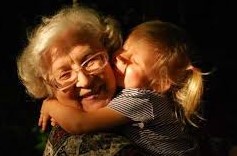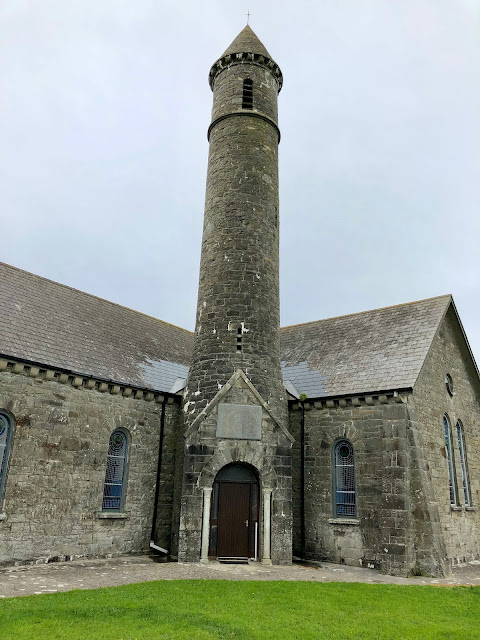Time, the Tyrant

Google Image Looking out our bedroom window, I like watching for wildlife: birds, squirrels, rabbits, the occasional deer and sometimes a rodent or two. I sometimes think about how they are not bothered by time. They have no idea what time it is, nor do they need to know. Whether nocturnal or diurnal, the position of the sun - and perhaps some more subtle signs - tells them all they need to know. We humans, on the other hand, are slaves to time. We use all our technological savvy to measure it down to the nanosecond. America's official time, according to a recent article on the National Public Radio web site, is kept at a government laboratory in Boulder, CO. "Exact" Time And the people there help us know the “exact” time. The National Institute of Standards and Technology (NIST) “broadcasts the time to points across the country. It's fed through computer networks and cell phone towers to our personal gadgets, which tick in perfect synchrony. Humanity's ever...










